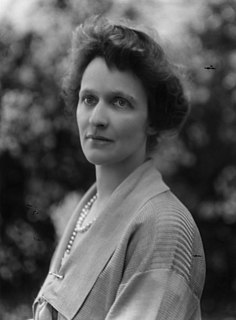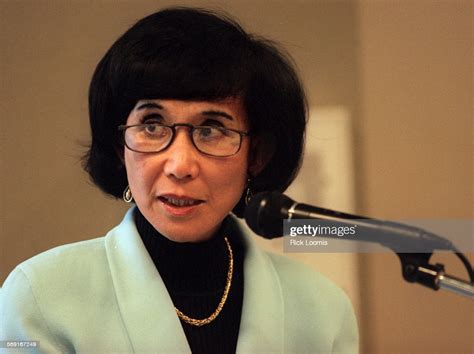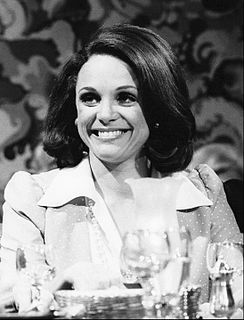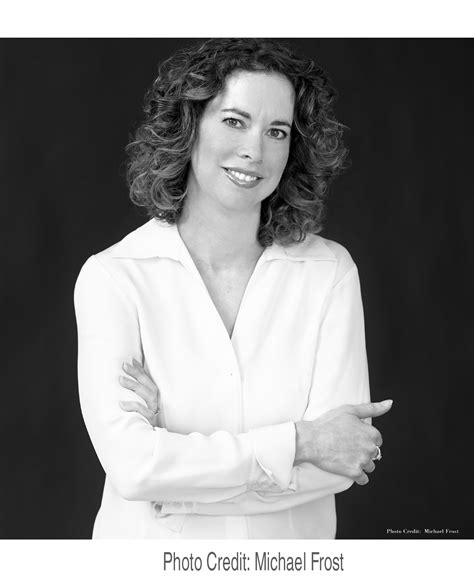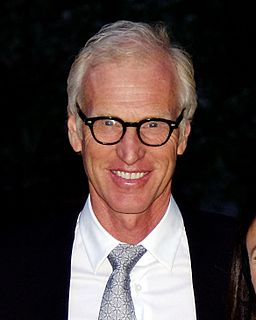A Quote by Gabriel Byrne
I attended the bedside of a friend who was dying in a Dublin hospital. She lived her last hours in a public ward with a television blaring out a football match, all but drowning our final conversation.
Related Quotes
In her mind's eye she saw it, saw it all at last: the rolling armies and the flames of battle; the graves and pits and dying cries of a hundred million souls; the spreading darkness, like a black wing stretching over the earth; the last, bitter hours of cruelty and sorrow, and the terrible, final flights; death's great dominion over all, and, at the last, empty cities, becalmed by the silence of a hundred years. Already these things were coming to pass.
The idea of the book ["The Japanese Lover"] came in a conversation that I had with a friend walking in the streets of New York. We were talking about our mothers, and I was telling her how old my mother was, and she was telling me about her mother. Her mother was Jewish, and she said that she was in a retirement home and that she had had a friend for 40 years that was a Japanese gardener. This person had been very important in my friend's upbringing.
He recognized her despite the uproar, through his tears of unrepeatable sorrow at dying without her, and he looked at her for the last and final time with eyes more luminous, more grief-stricken, more grateful than she had ever seen them in half a century of a shared life, and he managed to say to her with his last breath: “Only God knows how much I loved you
In this century the writer has carried on a conversation with madness. We might almost say of the twentieth-century writer that he aspires to madness. Some have made it, of course, and they hold special places in our regard. To a writer, madness is a final distillation of self, a final editing down. It's the drowning out of false voices.
She was bedridden falling a fall which broke her hip. X-rays showed that she had cancer of the colon which had already spreed. To my surprise I found her cheerful and free of pain, perhaps because of the small doses of morphine she was being given. She was surrounded by neighbours and friends who congregated at her bedside day and night. In this cosy, noisy, gregarious world of the "all-chinese" sickbed, so different from the stark, sterile solitude of the American hospital room, her life had assumed the astounding quality of a continuous farewell party.
Will only looked at her. There had been light in his eyes on the stairs, as he'd locked the door, when he'd kissed her--a brilliant, joyous light. And it was going now, fading like the last breath of someone dying. She thought of Nate, bleeding to death in her arms. She had been powerless then, to help him. As she was now. She felt as if she were watching the life bleed out of Will Herondale, and there was nothing she could do to stop it.
She lost much of her appetite. At night, an invisible hand kept shaking her awake every few hours. Grief was physiological, a disturbance of the blood. Sometimes a whole minute would pass in nameless dread - the bedside clock ticking, the blue moonlight coating the window like glue - before she`d remember the brutal fact that had caused it.
We talked through Gillie's life from start to finish, including all her accomplishments and major life events. The woman fell asleep with a dreamy half smile still on her lips. I remained by her bedside. Cog would be amused by my efforts to comfort an upper. No. Not amused. Proud. I liked Ella. She was a good sort, much nicer than Trella, and I hoped she managed to survive the next thirty hours.
Where woman has taken her place in business she has found her method ready-shaped for her, and following that, she does her work,if with a certain amount of monotony, yet without undue fatigue. Her hours are fixed, and as a rule she gets needful change of scene as she goes to her business and returns to her home or the place where she lives. But the "home- maker" has not, nor can she have, any such change, and her hours are always from the rising of the sun beyond the going down of the same.
Much of the criticism centered around Betsy DeVos focuses on her lack of experience with public schools. While she has shown some interest in 'protecting' students from the non-existent threat of grizzlies wandering onto their campuses, she has never run, taught in, attended, or sent a child to a public school.
But America was built by optimists. Optimists like my friend Amanda, who recently started a small business. When she went to buy her website address-her first and last name-she found that someone already owned it, but wasn't using it. So my friend emailed the owner of the site to ask if she could buy it. The owner wrote back.

